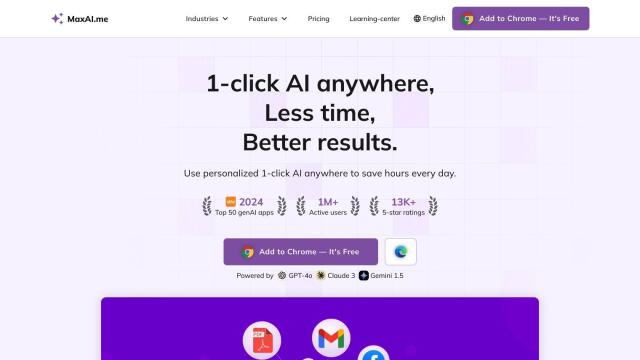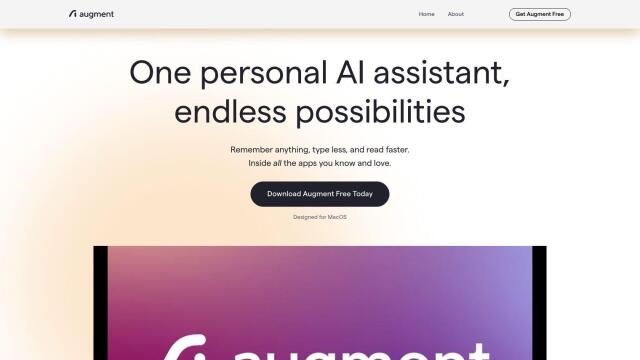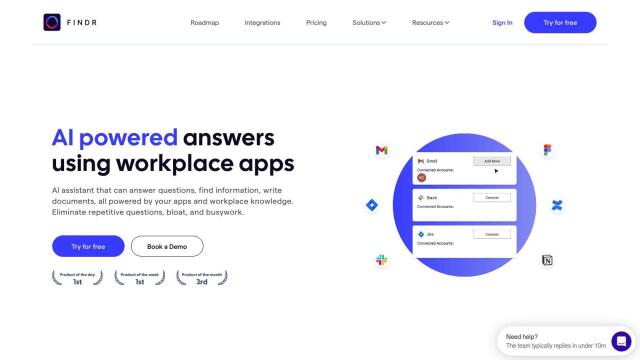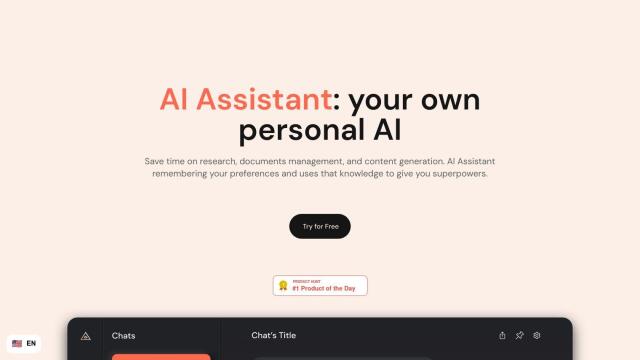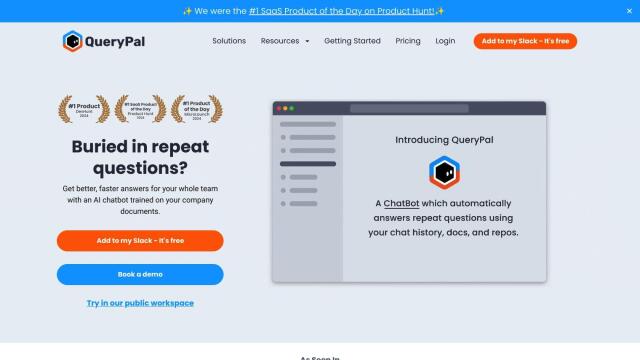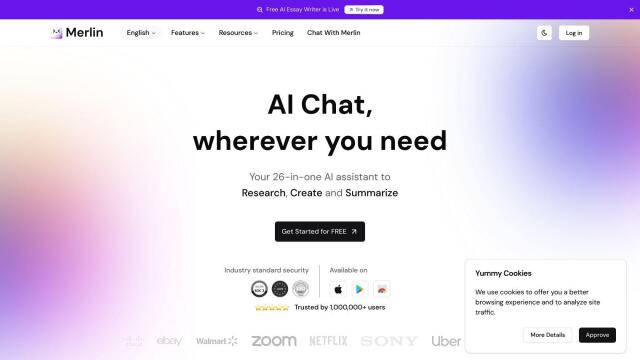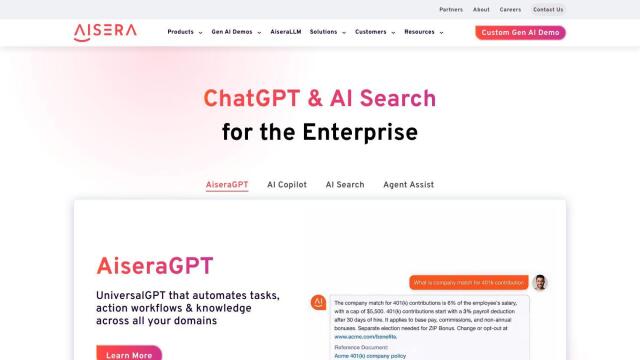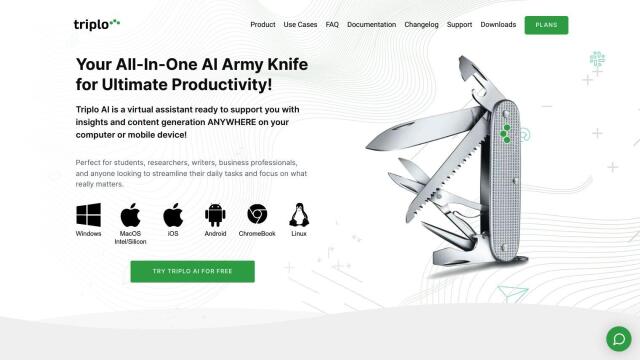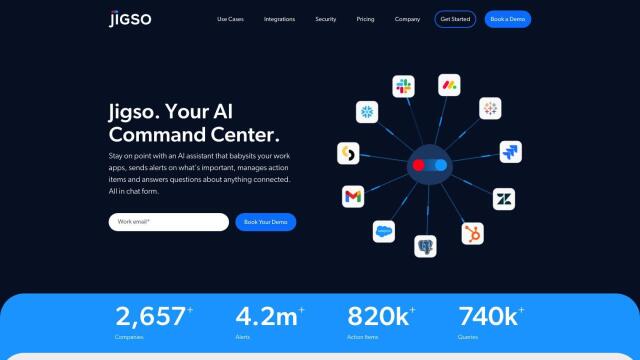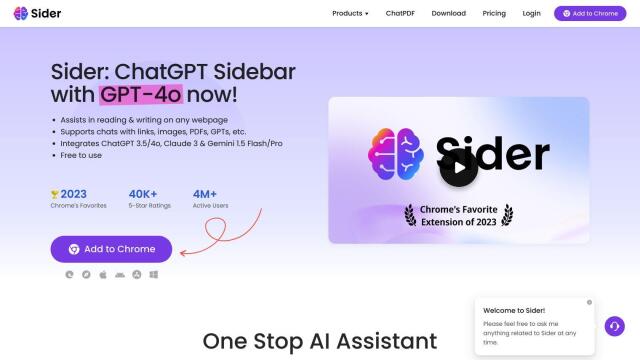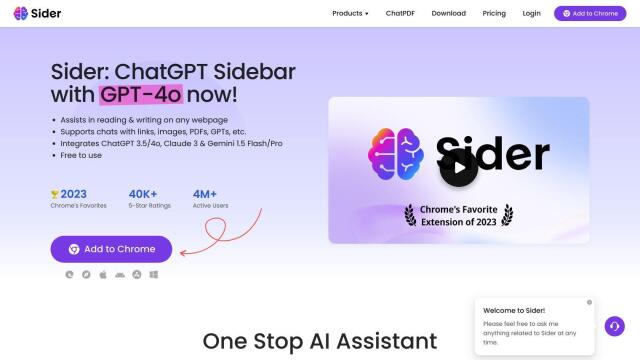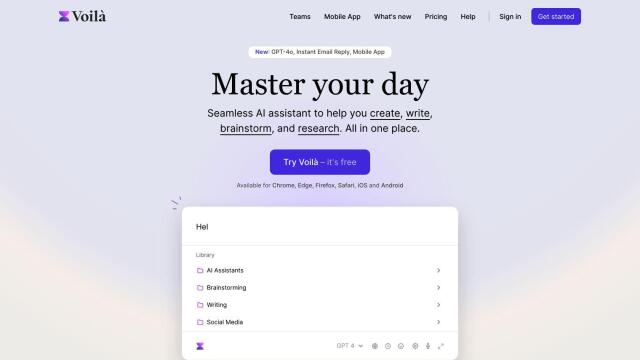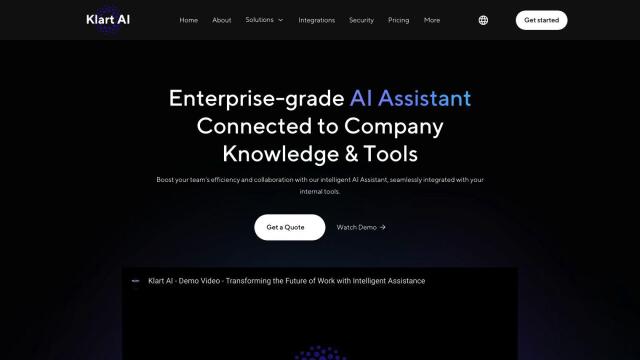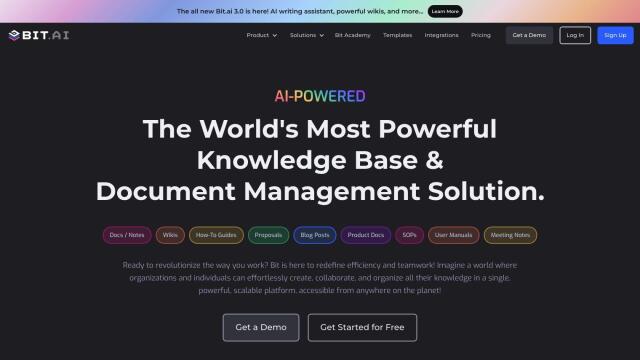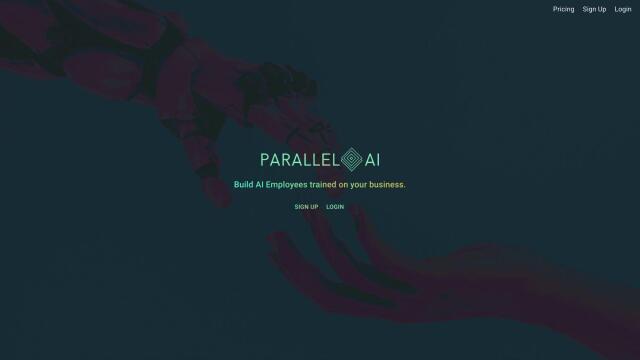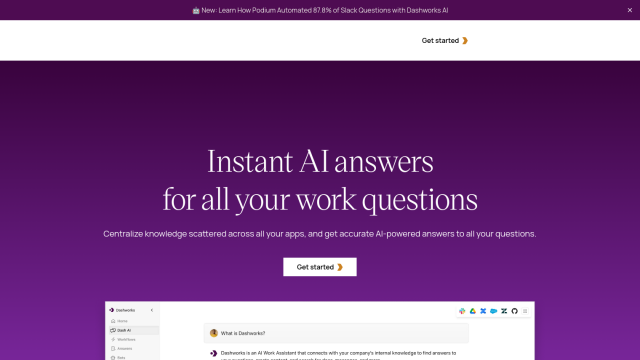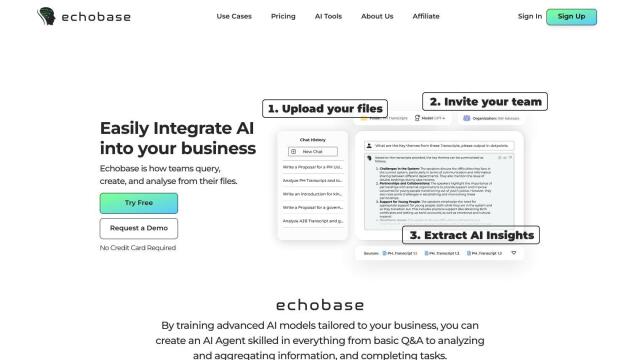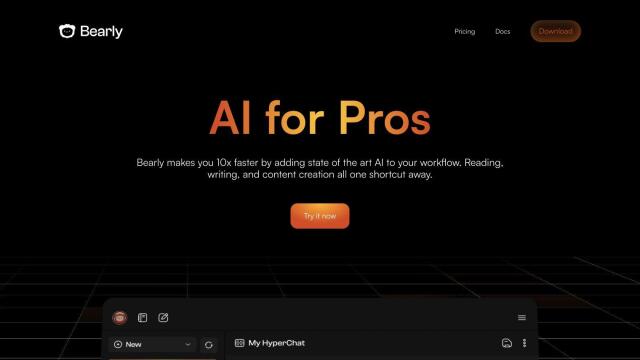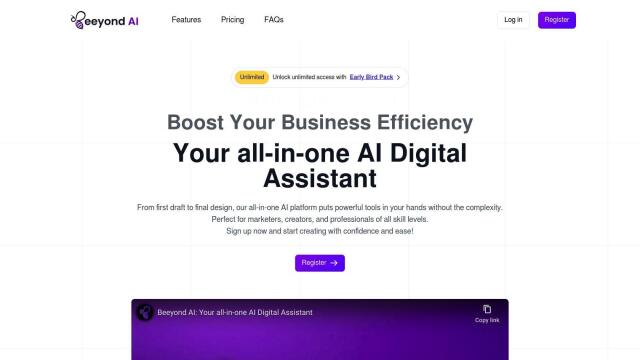Question: Can you recommend a personal productivity assistant that uses cutting-edge AI technology for better search results?

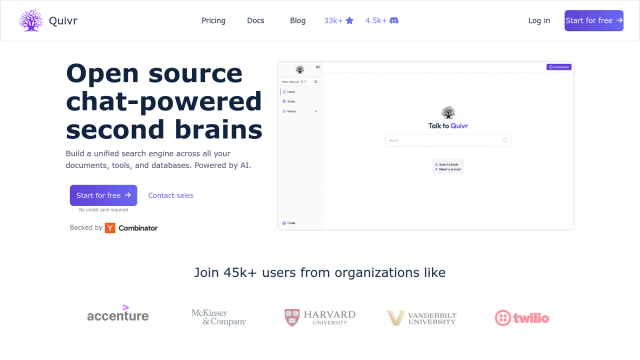
Quivr
If you're in the market for a personal productivity assistant that takes advantage of the latest AI technology, Quivr is a great option. This open-source tool uses AI to offer unified search across documents, tools and databases, and it offers features like retrieval-augmented generation, private local alternatives to GPT models, and a variety of GenAI models trained for different purposes. Quivr offers secure options with SAML, single sign-on and BYOC deployment, too, so it's a good option for personal productivity.

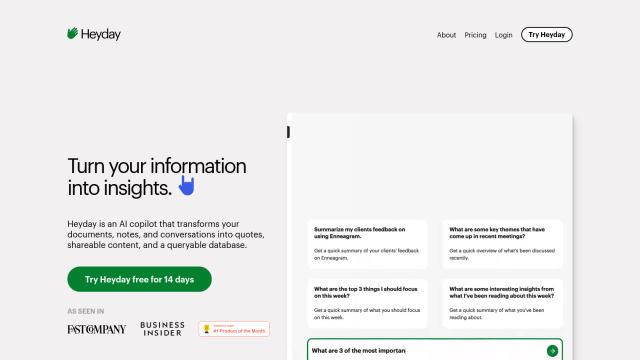
Heyday
Another contender is Heyday, an AI-based system that processes documents, notes and conversations into insights and a searchable database. It's good at extracting information from emails, documents and other sources, and that's particularly useful for professionals who have to digest and act on a lot of information. Heyday can integrate with tools like Zoom, Notion and Google Calendar to help you work and make decisions.

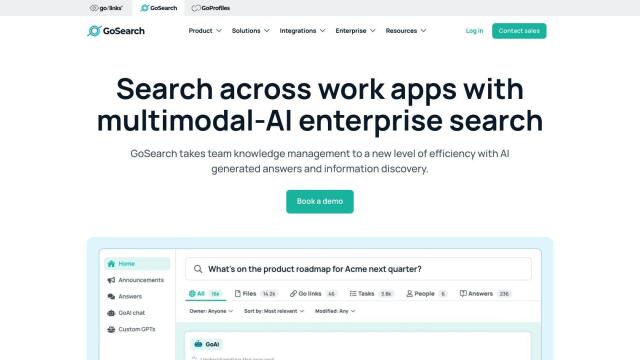
GoSearch
For a broader search and knowledge management tool, check out GoSearch. This service uses multimodal AI technology to provide immediate answers from internal sources, and it connects to more than 100 data connectors. It offers AI-powered recommendations, personalized chat and multimodal search, so it's good for teams within an enterprise. GoSearch can integrate with tools like Google Docs, Notion, Jira and Confluence for a unified search experience.

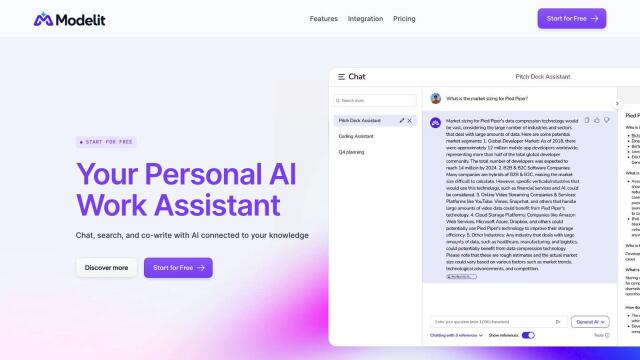
Modelit
Last, Modelit aggregates information from multiple sources like PDFs, URLs and Google Drive to help you get work done. It offers AI-powered chat and search across linked documents, customizable templates and secure data handling. Modelit can integrate with tools like Google Drive, Notion and JIRA, and it has flexible pricing options for different needs. It can help you get a lot more out of your work by linking information that otherwise would be scattered.

